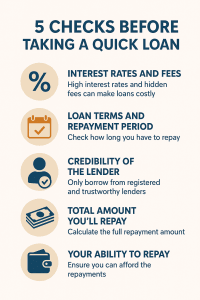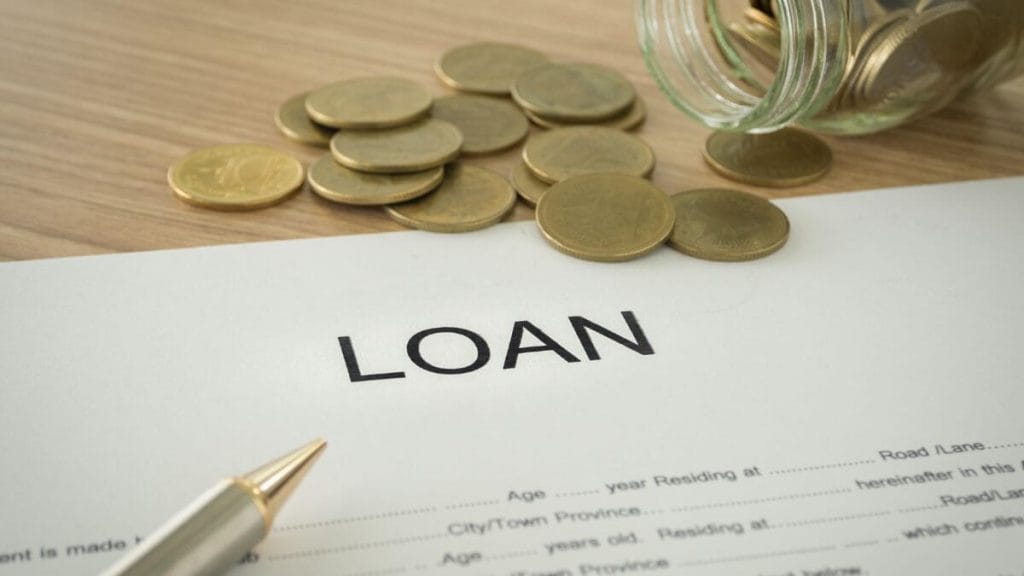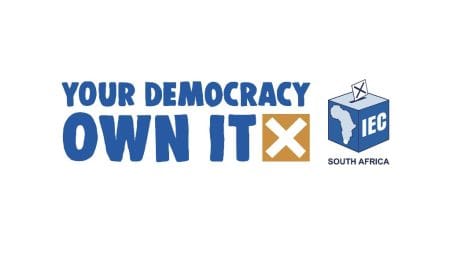Quick loans can be lifesavers in emergencies, but they also come with risks if you don’t check the details carefully. In October 2025, South Africans face rising living costs, tighter budgets, and loan offers everywhere—from apps to micro-lenders promising “instant cash.” With current interest rates still high and lenders competing aggressively, it’s important to stay informed before signing any agreement.
Here are 5 simple things to check before borrowing money so you can stay safe and avoid nasty surprises.
1. Interest Rates and Fees
The first thing to look at is the cost of borrowing. Many quick loans come with high interest rates, and some add hidden charges like:
Service fees (monthly charges just for having the loan).
Admin fees (once-off processing costs).
Late payment penalties (extra charges if you miss a deadline).
Example: If you borrow R1,000 at 20% interest plus a R50 admin fee, you could end up paying R1,250 or more in just a few weeks. That’s 25% extra, not counting late fees.
2. Loan Terms and Repayment Period
Check how long you have to repay the loan.
Short-term loans (7 days to 1 month) often mean big repayments squeezed into your next payday.
Longer terms spread the payments, but interest keeps growing.
Warning: Never take out a new loan to cover an old one—it can trap you in a debt cycle that’s hard to escape.
3. Credibility of the Lender
Not all lenders are safe. Some scammers and informal lenders offer “quick cash” with no paperwork, then demand unfair repayments.
Make sure the lender is registered with the National Credit Regulator (NCR).
Check online reviews or the NCR website to confirm the business is legitimate.
Avoid anyone who asks for upfront fees before giving you the loan.
4. Total Amount You’ll Repay
Don’t just focus on the amount you borrow—look at the full repayment figure (principal + interest + fees).
Here’s a simple example of how R1,000 can grow depending on the terms:
| Loan Amount | Interest & Fees | Total Repayment |
|---|---|---|
| R1,000 | R200 | R1,200 |
| R1,000 | R350 | R1,350 |
| R1,000 | R500 | R1,500 |
Knowing the total helps you avoid “surprise” costs down the line.
5. Your Ability to Repay
Before signing, ask yourself: Can I really afford this?
Compare your income and monthly expenses.
If repayments take up more than 20–25% of your income, you may struggle.
If in doubt, look at alternatives like asking family for short-term help, using community savings schemes (stokvels), or seeking lower-cost credit options.
Borrowing more than you can repay leads to stress, damaged credit scores, and even legal action.
Bonus Tips
Look for lenders with flexible repayment options.
Always keep proof of your loan agreement and receipts.
Avoid taking multiple loans at the same time.
Compare different lenders before making a choice.
Also check: South Africa Interest Rates: Will Repo Cuts Continue After July?
Visuals
1. Infographic – 5 Checks Before Taking a Quick Loan

FAQs
Q1: How do I know if a lender is legitimate?
A: Check if they’re registered with the National Credit Regulator (NCR). Never borrow from unregistered or informal lenders.
Q2: Can I pay off a quick loan early?
A: Many lenders allow early repayment, but check if there are prepayment penalties. Some loans charge a small fee for early repayment, while others let you save on interest.
Q3: What happens if I can’t pay back?
A: The lender can charge penalties, report you to credit bureaus, which affects your credit score, and may take legal action. Always communicate with the lender if you’re struggling.
Q4: How much can I safely borrow?
A: Only borrow an amount that fits comfortably within 20–25% of your monthly income. Ensure you can cover other expenses like rent, food, and bills.
Q5: Are quick loans insured or protected?
A: No, most quick loans are uninsured. Your only protection is to borrow responsibly and only from NCR-registered lenders.
Q6: Can quick loans affect my credit score?
A: Yes. Late repayments, defaults, or taking multiple loans at once can lower your credit score, making it harder to get future credit.
Q7: Are there alternative options to quick loans?
A: Yes. Consider:
Borrowing from family or friends.
Using community savings schemes (stokvels).
Applying for low-interest credit options at banks or microfinance institutions.
Q8: How long does it take to get the money from a quick loan?
A: Depending on the lender, funds can be available within a few hours to one business day. Online lenders tend to be faster than physical stores.
Q9: What documentation do I need to apply?
A: Typically:
ID document (South African ID).
Proof of income (payslips or bank statements).
Proof of residence (utility bill or lease agreement).
Q10: Can I renegotiate the loan if I struggle to pay?
A: Some lenders offer flexible repayment options if you contact them early. Always discuss your situation before missing payments to avoid extra fees or legal action.
Read more: How to Dispute Your City of Ekurhuleni Utility Bill in October 2025
Before taking any quick loan this October, check these 5 things—you’ll save money and avoid unnecessary stress. If you’re unsure, consult the NCR website or speak to a trusted financial advisor before borrowing.










